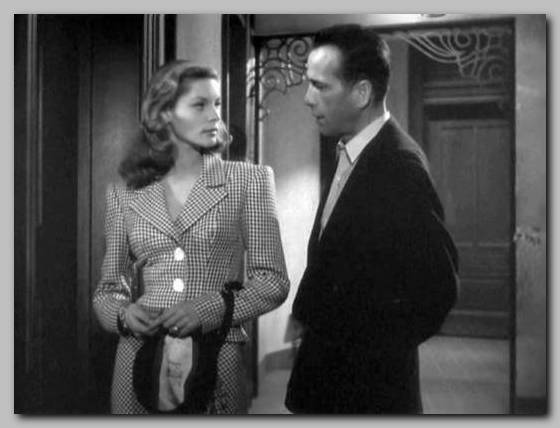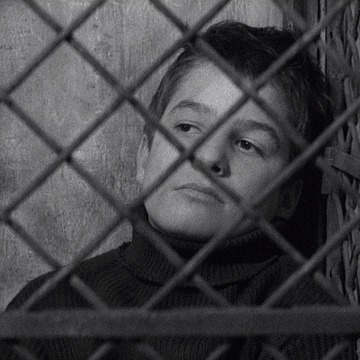Much has been made of the really awful content on Twitter, in the discussions about abandoning it in the wake of its purchase by someone who seems too into that awful content, or its creators – or perhaps just mostly into their adulation and the power he can wield.
As someone without any real public presence, with a male presenting avatar/presence and a non-Jewish name, I think I was spared much of the really bad stuff on Twitter. No death or rape threats or dick pictures in my DMs, nothing of that sort. And only occasionally some reactionary half-wit who replied with something hostile or unpleasant to one of my tweets.
And I didn’t do a lot of trawling through the benighted depths of rightwing Twitter. I mostly knew about how awful it could be primarily from the experiences of others that were shared on Twitter or written about elsewhere.
So that’s not what has been driving me away from Twitter per se. And I mostly use Tweetdeck and lists, so I have had a pretty sane, non-algorithmic and ad free experience of Twitter much of the time, unlike many others.
But I am happy to leave (mostly) Twitter for Mastodon. I am not comfortable tacitly endorsing the new regime, or playing even the smallest role in supporting it financially. (The old regime was bad enough and I had already been questioning my place there.) I’m a big supporter of collective ownership and operation, and the whole different servers with connections/federation thing seems to me to add some nuance and flexibility, while still keeping some of the global/big conversation aspect that made Twitter interesting and – for 12 years or so for me, and so many others – the place to be.
When I think about what I am *not* seeing now, over on Mastodon as opposed to Twitter, it’s not that really awful hate speech and the like – which as I say I mostly didn’t encounter. It’s the never-ending grind of quotidian awfulness and pain and suffering.
I hadn’t realized that really, not until last night, despite being about a month in to the switch from Twitter to Mastodon. It just suddenly dawned on me: news about tragedies and violent crimes, people asking for money to buy diapers or medicine or pay the rent, teachers needing help with supplies for their classrooms… That was a big part of my feed before – I followed various news accounts and lots of people who, like me, believe in mutual aid and like to help people, and are particularly interested in public education.
I still believe in those things, and support them. But on Twitter… on Twitter it was just a bottomless well of suffering and need, and it was painful.
And the news. I follow the news because I want to know about things like a new prime minister getting elected in Finland, or promising new drugs for Alzheimers, or local stuff. But when even my local news is sharing truly appalling stories about abuse in Ohio, or a murder suicide in Maine, or a car crash with multiple fatalities in New Jersey… That’s not local to me (I’m in California) and it’s not really news either, not for me. (Don’t even get me started on the weirdly frequent “news” pieces about some new fast food menu item.)
The relentlessness of such stories, and of the requests for help… it’s damaging, I think. The requests for aid, those at least I can see value to. Hopefully at least some of those asking get some of what they need. That “news”? No. I’m not trying to bury my head in sand. I know those things happen. They happen every day. For some of those horrible stories, murders, abuse, catastrophic loss, I know far too much, from personal or professional experience. It doesn’t make me want to hear every single latest iteration anywhere in the country.
There are many things I am missing from Twitter – some people whose tweets I value or enjoy who are not making the switch, or haven’t yet at least; the various museum and film and other special interest accounts I follow, at least some of which likely will make the switch (or at least crosspost) but haven’t yet. The odd serendipity that cropped up while listening in on the world’s chat (which is how Twitter felt during its better moments).
But none of that seems worth sticking with a damaged and damaging system run by – and profiting (though hopefully massively loss-ing) – a really repugnant excuse for a human being, that’s increasingly feeling like the gleeful stomping ground of so many of the worst Americans.
And, no, I will not be making the switch to Post, I think. I’m there, but it seems inept and uninteresting — a stealth move to monetize news consumption, a weird semi-Substack. And it perpetuates too many of the things that made Twitter go bad, particularly around ownership. I will likely keep that account going, and check in from time to time, but I feel like I want to spend less time, not more, on social media and on dipping into the firehose of hot takes and memes mixed with clickbait news and self promotion. Mastodon is the good conversation on the couches in the corner, while the drunken yahoos tear it up outside.
Filed under: Autobiography, Mastodon, social media, Twitter











